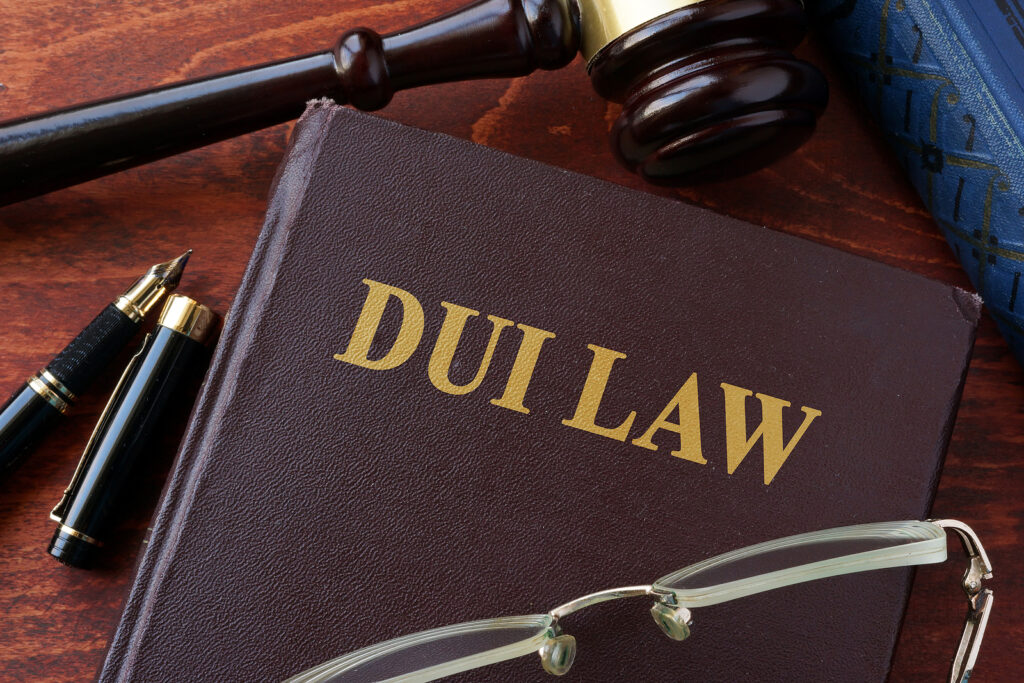When it comes to DUI (Driving Under the Influence) in Massachusetts, there are several lesser-known aspects that people may not be aware of. Understanding these nuances can help individuals make informed decisions and navigate the legal process more effectively. Here are a few things that most people may not know about DUI in Massachusetts:
- OUI: In Massachusetts, DUI is referred to as OUI, which stands for Operating Under the Influence. The terms OUI and DUI are used interchangeably, but it’s essential to be familiar with the local terminology.
- Implied Consent Law: Massachusetts has an implied consent law, which means that by operating a motor vehicle on public roads, individuals consent to chemical testing if they are lawfully arrested for OUI. Refusing to take a breathalyzer or blood test can result in an automatic suspension of your driver’s license, even if you are not ultimately convicted of OUI.
- Multiple Offenses: Massachusetts has a LIFETIME lookback period for DUI offenses. This means that if you are convicted of OUI more than once at any point in your liftetime, the penalties become increasingly severe. Subsequent offenses can result in longer license suspensions, mandatory alcohol education programs, and possible incarceration.
- Ignition Interlock Device: In Massachusetts, individuals who have multiple OUI offenses or refuse a chemical test may be required to install an Ignition Interlock Device (IID) in their vehicles. An IID is a breathalyzer-like device that prevents the vehicle from starting if the driver’s blood alcohol concentration (BAC) exceeds a set limit. The driver is responsible for the cost of installing and maintaining the IID.
- Alternative Disposition: In certain cases, individuals charged with OUI in Massachusetts may be eligible for an alternative disposition program called the Driver Alcohol Education Program (DAEP) or the 24D Program. This program allows first-time offenders to complete an alcohol education course and potentially have their charges reduced or dismissed.
- Open Container Laws: Massachusetts has strict open container laws. It is illegal for anyone in a vehicle to possess an open container of alcohol, whether the driver or a passenger. Violating this law can lead to fines and other penalties.
- Controlled Substance OUI: In addition to alcohol, operating a vehicle under the influence of drugs is also illegal in Massachusetts. If a person is found to be impaired by drugs while driving, they can be charged with OUI even if their BAC is below the legal limit. This charge is known as OUI drugs.
- OUI Penalties: OUI convictions in Massachusetts can lead to various penalties, including license suspension, fines, mandatory alcohol education programs, probation, and potential jail time. The severity of the penalties depends on factors such as prior offenses, BAC level, and other circumstances surrounding the incident.
It’s important to note that DUI laws and regulations can change over time, so it’s always advisable to consult with an experienced criminal attorney or seek the most up-to-date information from official sources in Massachusetts.






